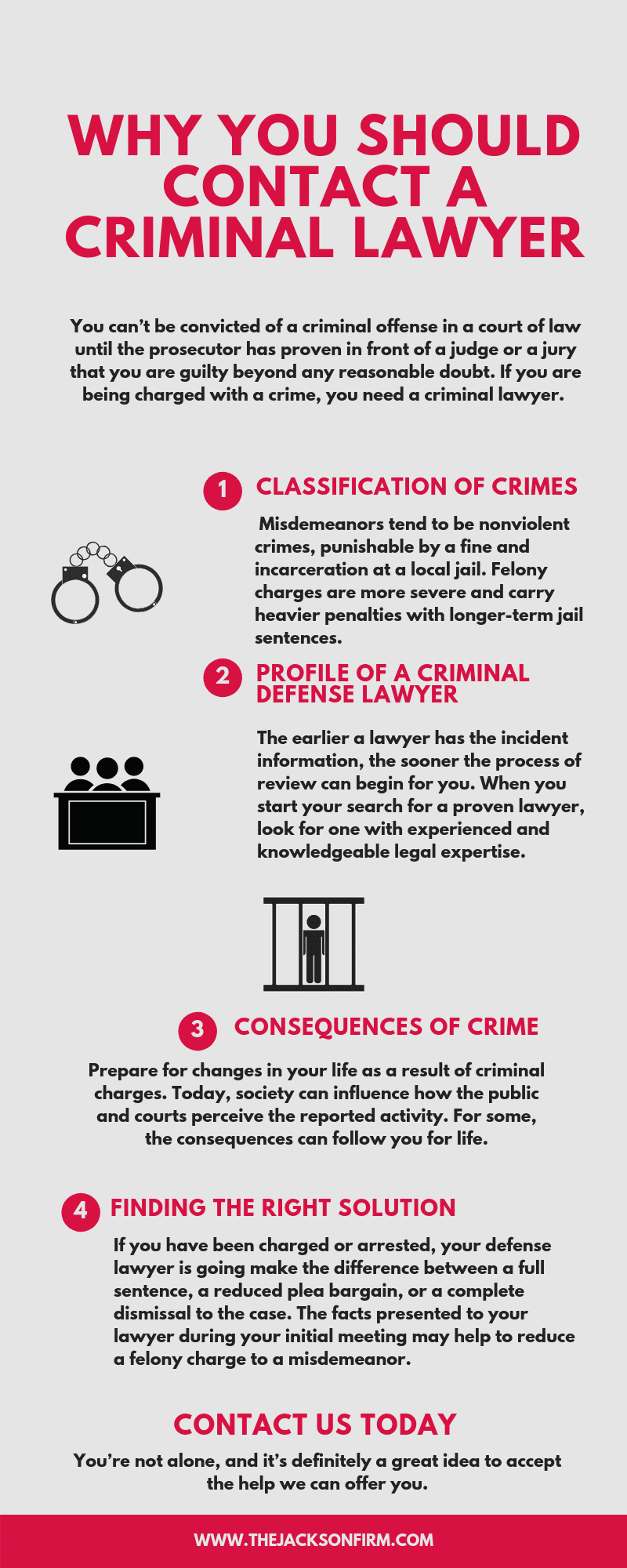An Overview Of The Criminal Test Refine: A Comprehensive Step-By-Step Overview
An Overview Of The Criminal Test Refine: A Comprehensive Step-By-Step Overview
Blog Article
Web Content Produce By-Hunt David
When you enter a criminal trial, you may be amazed by the organized process that unravels. Everything begins with jury selection, where prospective jurors are inspected for biases with a method called "voir dire." Afterwards, both sides provide their opening declarations, establishing the stage for the evidence and testimonies to adhere to. You'll see how the prosecution and defense build their cases, but what takes place next can substantially affect the result. Recognizing these phases can expose the complexities of justice, but there's more to uncover concerning the critical moments that comply with.
Jury Selection Refine
When it involves the jury option procedure, you're diving into an important stage of a criminal trial. This procedure, frequently called "voir dire," entails questioning prospective jurors to ensure they're objective and with the ability of providing a fair decision.
You'll see both the prosecution and defense attorneys participating proactively, each aiming to choose jurors that straighten with their case's narrative.
During criminal defense and personal injury attorney , you'll see that lawyers ask inquiries concerning jurors' histories, ideas, and experiences. Their objective is to recognize any pre-existing predispositions that can influence a juror's choice. As a juror, you might really feel a mix of uneasiness and interest, however your honesty is important.
After examining, attorneys can challenge specific jurors for reason if they think a juror can't continue to be objective. They can likewise make use of a minimal number of peremptory challenges to reject jurors without specifying a reason.
Trial Phases Explained
The stages of a criminal trial play a crucial function in making sure a fair and organized process.
You'll initially encounter the opening declarations, where both the prosecution and defense describe their instances. This establishes the stage wherefore's to come.
Next off, the prosecution presents its evidence and witnesses, aiming to confirm the defendant's guilt beyond an affordable question. You'll see direct assessment adhered to by interrogation, permitting both sides to challenge today information.
After the prosecution relaxes its situation, it's the protection's turn. They'll present their evidence and witnesses, usually concentrating on creating sensible question. You'll notice that the defense does not have to verify innocence; they just require to challenge the prosecution's situation.
Once both sides have actually presented their disagreements, you'll listen to closing statements, where each party summarizes their case. This is crucial as it strengthens their placements before the court ponders.
Throughout these stages, the judge guarantees that the test adheres to lawful standards and that the rights of both events are shielded.
Comprehending these stages will certainly help you value the complexities associated with a criminal trial and the significance of each step in the search of justice.
Decision and Punishing
After all proof has actually been presented and arguments made, the jury or judge provides a verdict, identifying the accused's shame or innocence. If you become part of the jury, you'll mull over with your fellow jurors, going over the proof and your impacts. This procedure can take time, as you'll wish to guarantee every person agrees on the judgment based on the truths.
When a decision is reached, it's revealed in court. If the accused is condemned, the following stage is sentencing. This is when the judge determines the ideal penalty. You might observe that different elements influence the sentence, such as the seriousness of the criminal offense, the accused's past document, and any mitigating conditions.
The judge might impose a range of sentences, from penalties and community service to jail time. In some cases, the defense or prosecution can provide debates concerning sentencing, attempting to sway the court's choice.
If the accused is found not guilty, they're acquitted, and no punishment complies with. Bear in mind that a guilty decision can often cause allures, where the offender may challenge the judgment or the sentence enforced.
Final thought
In a criminal trial, you've seen how vital each step is, from court selection to the final decision. You have actually complied with the prosecution and protection as they develop their instances, intending to convince the court. As soon as deliberation concludes, the verdict determines the outcome, and if the defendant is found guilty, the sentencing stage begins. Comprehending visit site assists you appreciate the complexities of the justice system and the significance of each function in making certain a fair test.
